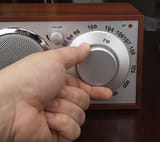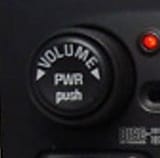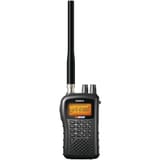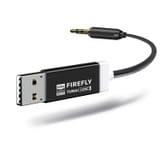>>28454034This might be a bit pedantic, but I think that someone might find this insteresting, but Digital != Encryption.
I can still pick up digital shit, as there are usually analogue backup frequencies (not always the case, though). Usually an accidental signal lock is needed. However, I can find that frequency, if it is relevant and then save it on a band, found a couple of new police signals, high speed rail comms and an ATC center from these signal locks alone.
The BC72XLT that I have has a secondary mode that hunts frequencies and does a full range scan to allow for the discovery of new frequencies.
Encryption is another story. Pretty different. Some encrypted frequencies are easy to decode, as they rely on Morse code for message transmissions, though this cycles between messages. A more common system of encryption relies on a dial tone and this is near impossible to decode on your own. Some of the big wigs on >>>/diy/ might know a work around, but as of right now, all I can tell you is that this system cannot be decrypted with anything that is off-the-shelf.
That said, I have noticed a few things:
>corrugated metal seems to amplify this (I notice more encrypted signal locks whenever I am near a building made of corrugated steel panels).>base station scanners get less signal locks with "E" codesThis means that a base station scanner will be the device of choice if someone is looking to decode stuff. My guess is because they are more adapted for police frequency usage.


![a36[1]](/thumb/o/1749678937344901.jpg)


